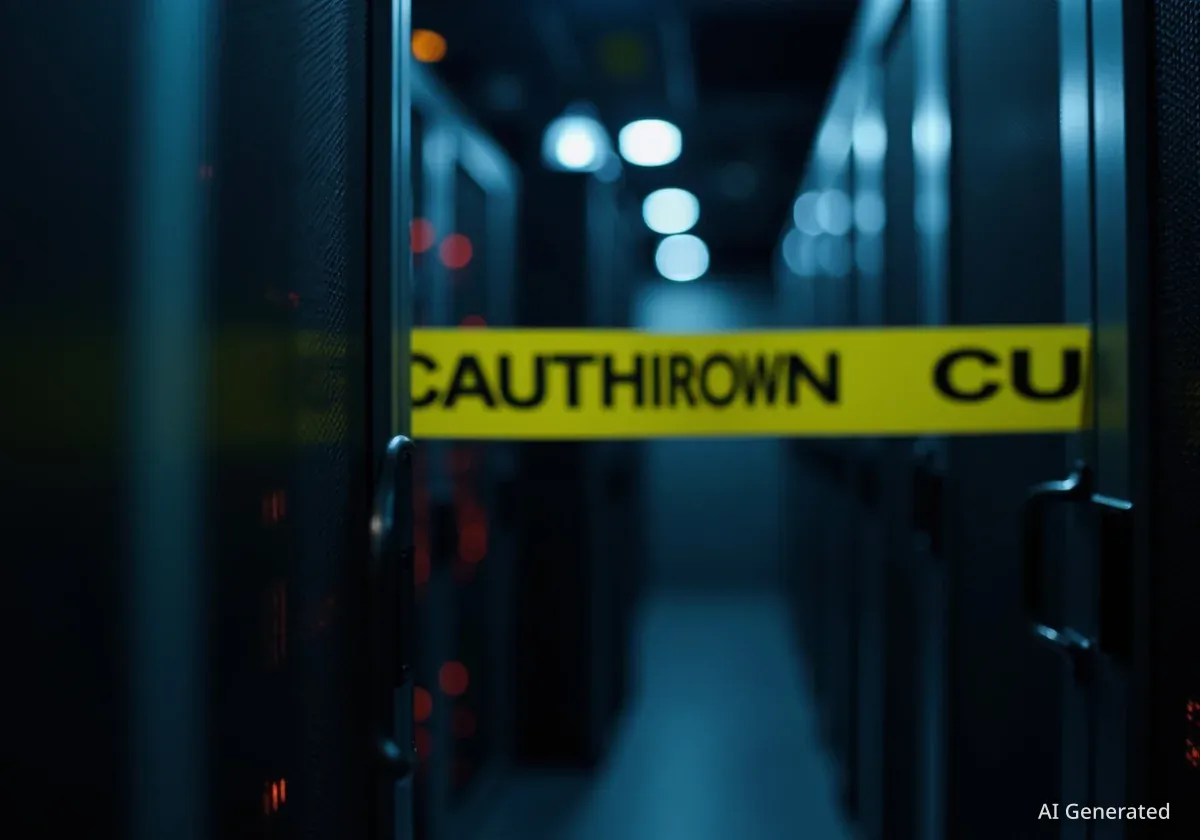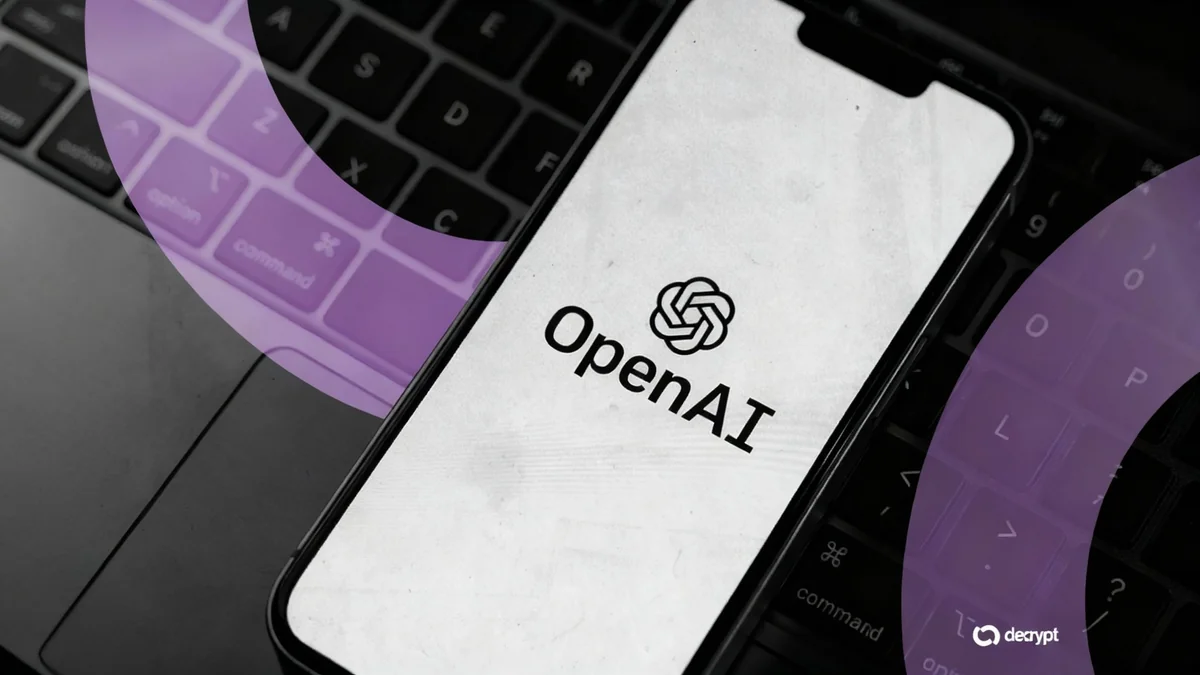Canadian authorities have taken down the cryptocurrency exchange TradeOgre and seized assets valued at over $40 million. The Royal Canadian Mounted Police (RCMP) stated the platform was operating illegally and is believed to have been used for criminal activities, marking a significant law enforcement action in the country's digital asset sector.
This operation represents the first time a cryptocurrency exchange has been shut down by law enforcement in Canada and is also the largest single asset seizure in the nation's history. The investigation focused on the exchange's failure to comply with Canadian financial regulations.
Key Takeaways
- The Royal Canadian Mounted Police (RCMP) dismantled the TradeOgre cryptocurrency exchange.
- Over $40 million in digital assets were seized, the largest such seizure in Canadian history.
- TradeOgre was accused of operating illegally by not registering with FINTRAC and lacking client identification policies.
- Authorities suspect the platform was a hub for laundering proceeds from cybercrime due to its anonymity features.
- Innocent users affected by the seizure may have legal options through the Canadian court system.
Details of the Law Enforcement Action
The Royal Canadian Mounted Police announced the closure of TradeOgre following an extensive investigation into its operations. The seizure of more than $40 million in cryptocurrency is a landmark event for Canadian law enforcement, highlighting a growing focus on unregulated digital asset platforms.
The platform abruptly went offline at the end of July 2024, leading to speculation among its user base of a potential exit scam by its operators. However, the RCMP later confirmed that its agents were responsible for the shutdown as a key part of the enforcement action.
This case is unprecedented in Canada, setting a new benchmark for both the scale of asset forfeiture and the direct intervention against a cryptocurrency trading platform. The funds are now in the custody of Canadian authorities pending further legal proceedings.
Investigation into Regulatory Failures
The investigation into TradeOgre began in June 2024, initiated by the RCMP's Money Laundering Investigative Team (MLIT). The initial lead came from a tip provided by Europol, indicating potential illicit financial activity routed through the Canadian-based exchange.
Regulatory Compliance in Canada
In Canada, businesses dealing in virtual currencies are considered Money Services Businesses (MSBs). They are required by law to register with the Financial Transactions and Reports Analysis Centre of Canada (FINTRAC) and adhere to strict anti-money laundering (AML) and counter-terrorist financing (CTF) regulations, which include mandatory client identification procedures known as Know Your Customer (KYC).
According to the RCMP, TradeOgre was operating in direct violation of these federal laws. The police agency stated the platform failed to register with FINTRAC as a money services business. Crucially, it also did not implement any procedures to identify its clients.
This lack of oversight is what investigators believe made the platform an attractive venue for criminals. By allowing users to trade without providing identification, TradeOgre created an environment suitable for laundering money from various illegal sources, including cybercrime.
The Role of Anonymity and Privacy Coins
TradeOgre carved out a niche in the cryptocurrency market by focusing on user privacy. It specialized in trading niche altcoins and prominently featured support for Monero, a well-known privacy-enhancing cryptocurrency that makes transactions difficult to trace.
The platform's core appeal was its no-KYC policy. Users could create accounts and begin trading without submitting personal identification documents, a practice that stands in stark contrast to the requirements imposed on regulated exchanges.
What is Monero?
Monero (XMR) is a cryptocurrency designed for privacy. It uses advanced cryptography to obscure the sender, receiver, and amount of every transaction. While valued by privacy advocates, these features also make it a preferred tool for illicit transactions because it complicates efforts by law enforcement to follow the money trail.
While not all users of privacy-focused platforms are engaged in illegal acts, law enforcement agencies worldwide view the combination of no-KYC policies and privacy coin support as a significant red flag. The RCMP alleges that these features were instrumental in facilitating the exchange of proceeds from cybercrime on TradeOgre.
"We are not in a position to comment on whether specific types of criminal activity, such as extortion payments, were transacted through the platform, nor can we provide details about the criminal sources that may have used it for money laundering," the Royal Canadian Mounted Police stated.
Despite the official statement, sources familiar with the investigation suggested that the platform's anonymity features were central to its alleged use in criminal financial networks.
User Reaction and Path to Asset Recovery
The shutdown has drawn criticism from some members of the cryptocurrency community who argue that the government's actions have harmed legitimate users. Taylor Monahan, a prominent figure from the wallet provider MetaMask, publicly stated that she and her friends used the platform and challenged the authorities' actions.
"Very much looking forward to seeing the evidence, and for you to provide recourse to ALL innocent parties you stole money from without notification and without due process," Monahan commented.
The RCMP has acknowledged that not all funds on the platform may be tied to crime. In a statement, the agency said it could not “confirm that all of the seized cryptocurrencies originated from illegal transactions.”
For non-criminal customers who lost access to their funds, the RCMP has indicated a potential path for recovery. These individuals “may have recourse through the Canadian court system if the RCMP decides to pursue the forfeiture of the cryptocurrency in question.”
The national police force has advised any affected individuals with questions about their assets to direct their inquiries to the Money Laundering Investigative Team. The outcome of these potential claims will depend on the progression of the government's forfeiture case in the courts.





